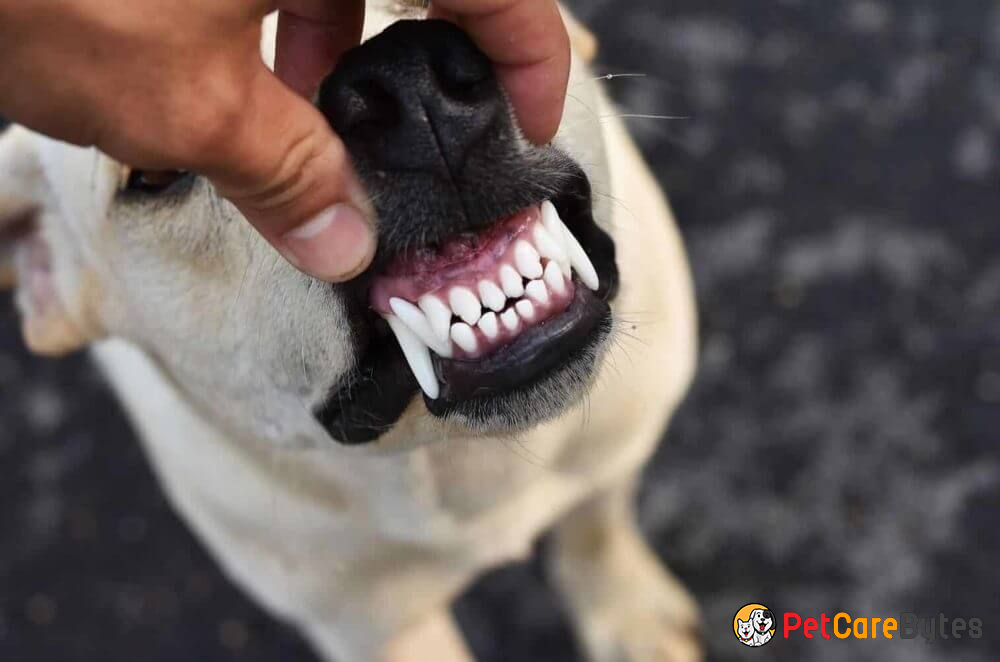
7 Signs of a Pet Dental Emergency
Pets are beloved members of our families, and their health is of utmost importance to us. While we may be vigilant about their overall well-being, dental health is often overlooked. Dental issues in pets can lead to pain, discomfort, and even serious health complications. It is crucial for pet owners to be aware of potential dental emergencies and know how to respond promptly. In this article, we will explore the seven signs of a pet dental emergency, helping you protect your furry friend’s dental health.
Read More: 3 Signs It’s Time for the First Pet Dental Cleaning
Introduction to Pet Dental Emergency
As responsible pet owners, we strive to provide the best care for our four-legged companions. Just like humans, pets can experience dental issues that require immediate attention. Recognizing the signs of a dental emergency can make all the difference in your pet’s well-being. Let’s delve into the reasons why pet dental health matters and understand some common dental issues in pets.
Why Pet Dental Health Matters

Pet dental health is a vital aspect of their overall health and quality of life. Dental problems can lead to pain and discomfort, affecting their eating habits and behavior. Moreover, untreated dental issues can contribute to the development of more severe health problems, such as infections that may spread to other organs.
Common Dental Issues in Pets
Before we explore the signs of a dental emergency, it’s essential to familiarize ourselves with common dental issues that pets face.
Dental Plaque and Tartar
Just like in humans, plaque and tartar can accumulate on pets’ teeth, leading to dental problems over time. Dental plaque is a sticky film that forms on teeth, harboring bacteria, while tartar is hardened plaque that can only be removed through professional dental cleaning.
Gum Disease
Gum disease, also known as periodontal disease, is prevalent in pets. It starts with gingivitis, which is inflammation of the gums and can progress to more severe conditions that affect the supporting structures of the teeth.
Broken Teeth
Pets can break their teeth due to accidents, chewing on hard objects, or untreated dental issues. Broken teeth can be painful and require immediate attention.
Signs of a Pet Dental Emergency
As a pet owner, being able to recognize the signs of a dental emergency can be crucial in providing timely care. Here are seven signs that indicate a dental emergency for your furry friend:
Excessive Drooling
If you notice your pet drooling excessively, it could be a sign of oral pain or an underlying dental issue.
Bad Breath
While it’s normal for pets to have some odor in their breath, persistent bad breath can indicate dental problems.
Red or Swollen Gums
Inflamed or swollen gums are signs of gum disease or infection, requiring immediate attention.
Difficulty Eating
Pets experiencing dental issues may show reluctance or difficulty while eating, as it can be painful for them to chew.
Pawing at the Mouth
If your pet is constantly pawing at their mouth, it may indicate oral discomfort.
Loose Teeth
Adult pets should not have loose teeth; this can be a sign of dental trauma or disease.
Bleeding from the Mouth
Any bleeding from the mouth is a clear indication of a dental emergency and should be addressed promptly.
What to Do in a Pet Dental Emergency

If you notice any of the above signs or suspect a pet dental emergency, it is essential to take immediate action:
- Stay Calm: Approach your pet calmly and soothingly to prevent added stress.
- Examine the Mouth: Gently inspect your pet’s mouth for any visible issues or foreign objects.
- Contact Your Veterinarian: Reach out to your veterinarian immediately for guidance and to schedule an emergency appointment.
- Avoid DIY Treatments: Refrain from attempting at-home treatments, as they may worsen the situation.
- Offer Soft Food: If your pet is willing to eat, provide soft and moist food to prevent further discomfort.
Preventing Dental Emergencies in Pets
Prevention is always better than cure. To reduce the risk of dental emergencies, consider these preventive measures:
Regular Dental Check-ups
Schedule regular dental check-ups with your veterinarian to catch dental issues early and maintain your pet’s oral health.
Dental Hygiene at Home
Implement a dental hygiene routine at home, such as brushing your pet’s teeth regularly with pet-friendly toothpaste.
Appropriate Chew Toys
Offer appropriate chew toys that help clean your pet’s teeth and prevent the buildup of plaque and tartar.
The Importance of Professional Dental Care for Pets
Professional dental care, including regular cleanings and examinations, is essential for your pet’s overall health. Veterinarians can identify dental issues early on and provide appropriate treatment, ensuring your pet’s dental health remains in top shape.
Read More: Potentially Dangerous Items for Your Pet
FAQ’s
- How often should I brush my pet’s teeth? Ideally, you should brush your pet’s teeth at least 2-3 times a week. Daily brushing is even better for optimal dental health.
- Can I use human toothpaste for my pet? No, human toothpaste contains ingredients that are harmful to pets if ingested. Always use toothpaste specifically formulated for pets.
- My pet’s breath smells bad. Should I be concerned? Persistent bad breath can indicate dental issues. It’s best to consult your veterinarian for a dental check-up.
- Are there any breeds more prone to dental problems? Yes, small dog breeds and breeds with brachycephalic (short-nosed) features are more prone to dental issues.
- How can I help my pet with dental anxiety? Gradually introduce dental care routines and use positive reinforcement to make it a positive experience for your pet. Professional cleanings performed under anesthesia can also be beneficial for pets with severe dental issues.
Conclusion
Your pet’s dental health is a critical aspect of their overall well-being. By recognizing the signs of a dental emergency and taking preventive measures, you can ensure your furry friend maintains a healthy and pain-free smile. Regular veterinary check-ups and good dental hygiene at home are key to keeping your pet’s teeth and gums in optimal condition.








2 Comments